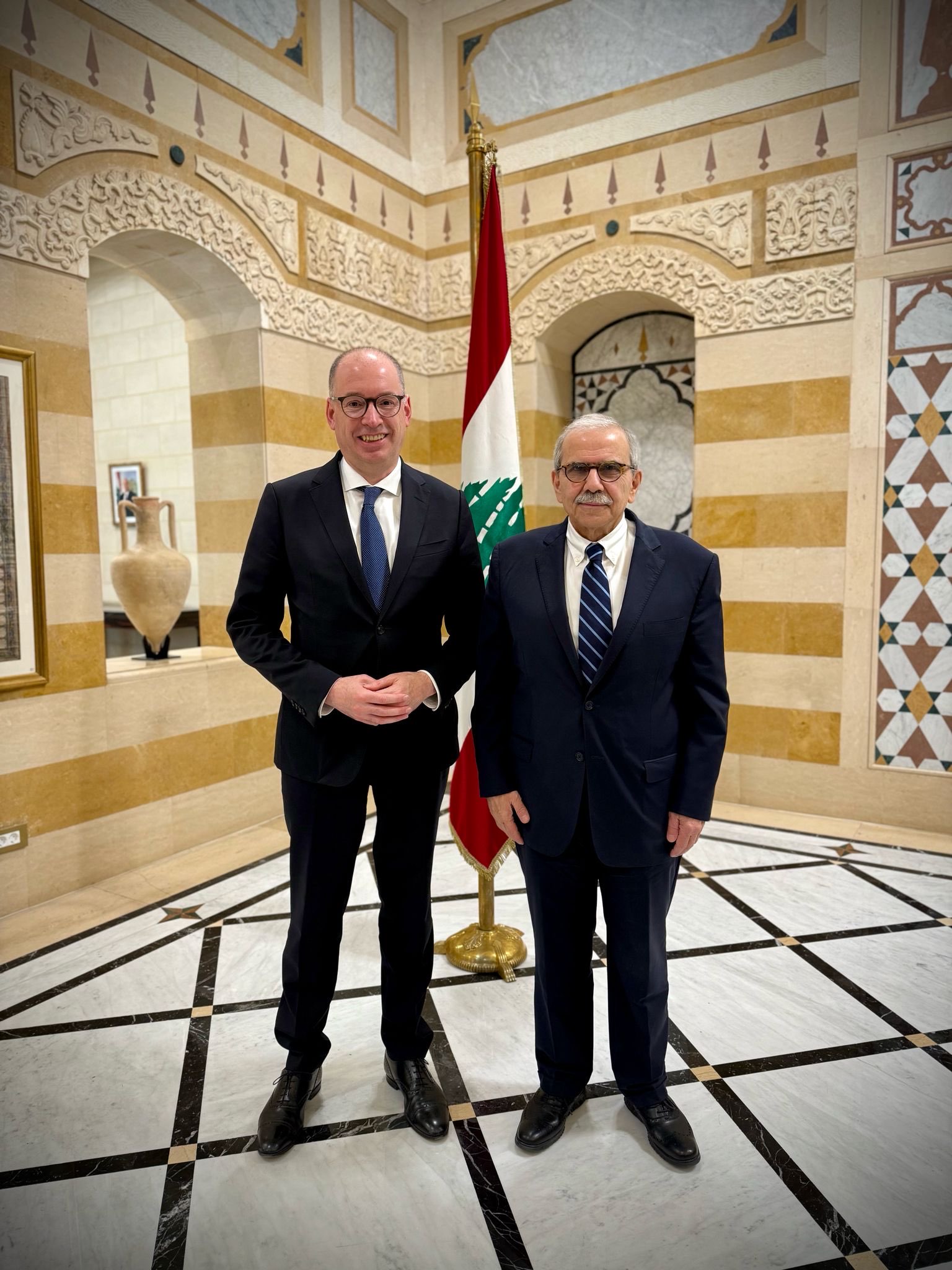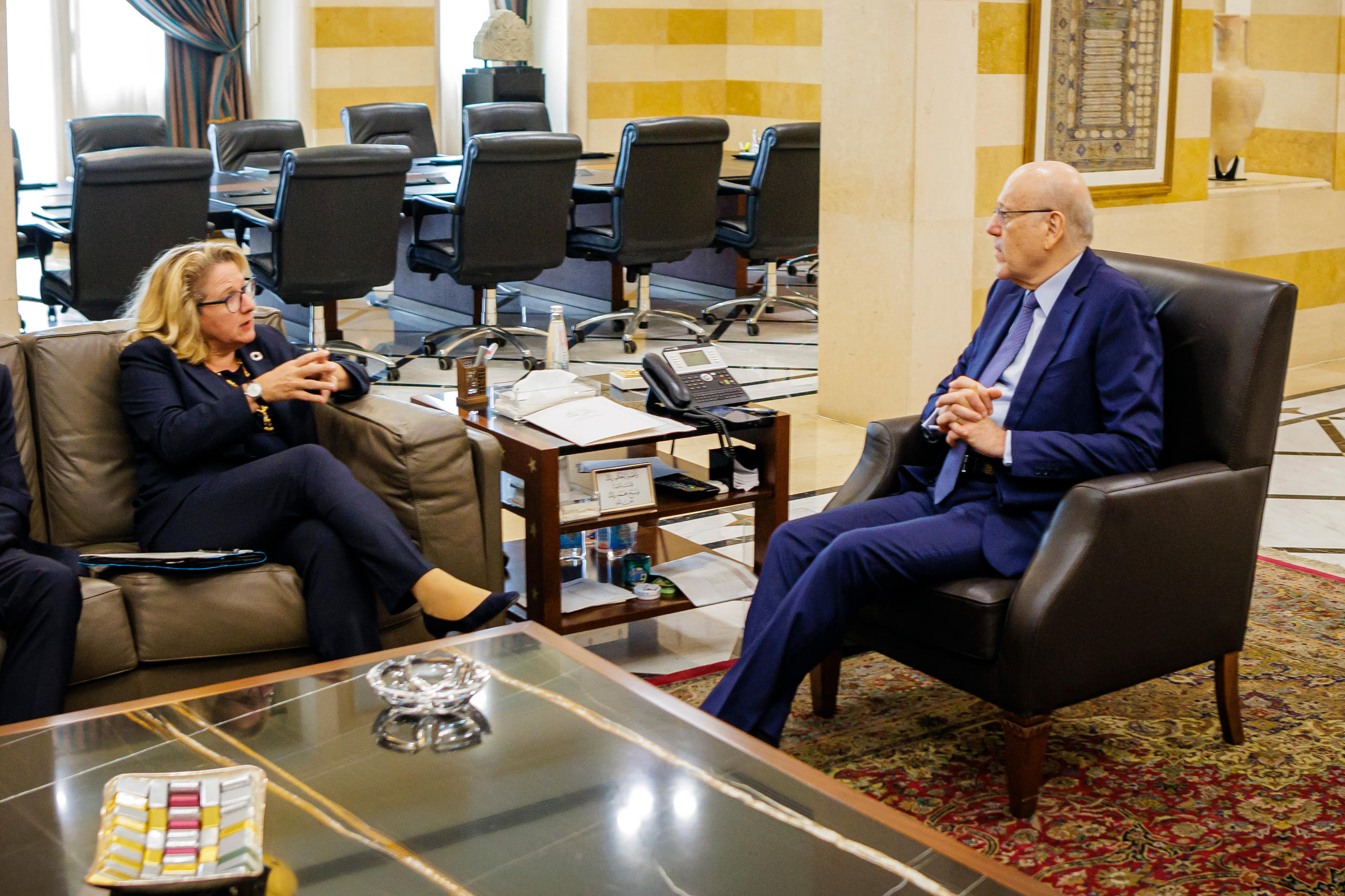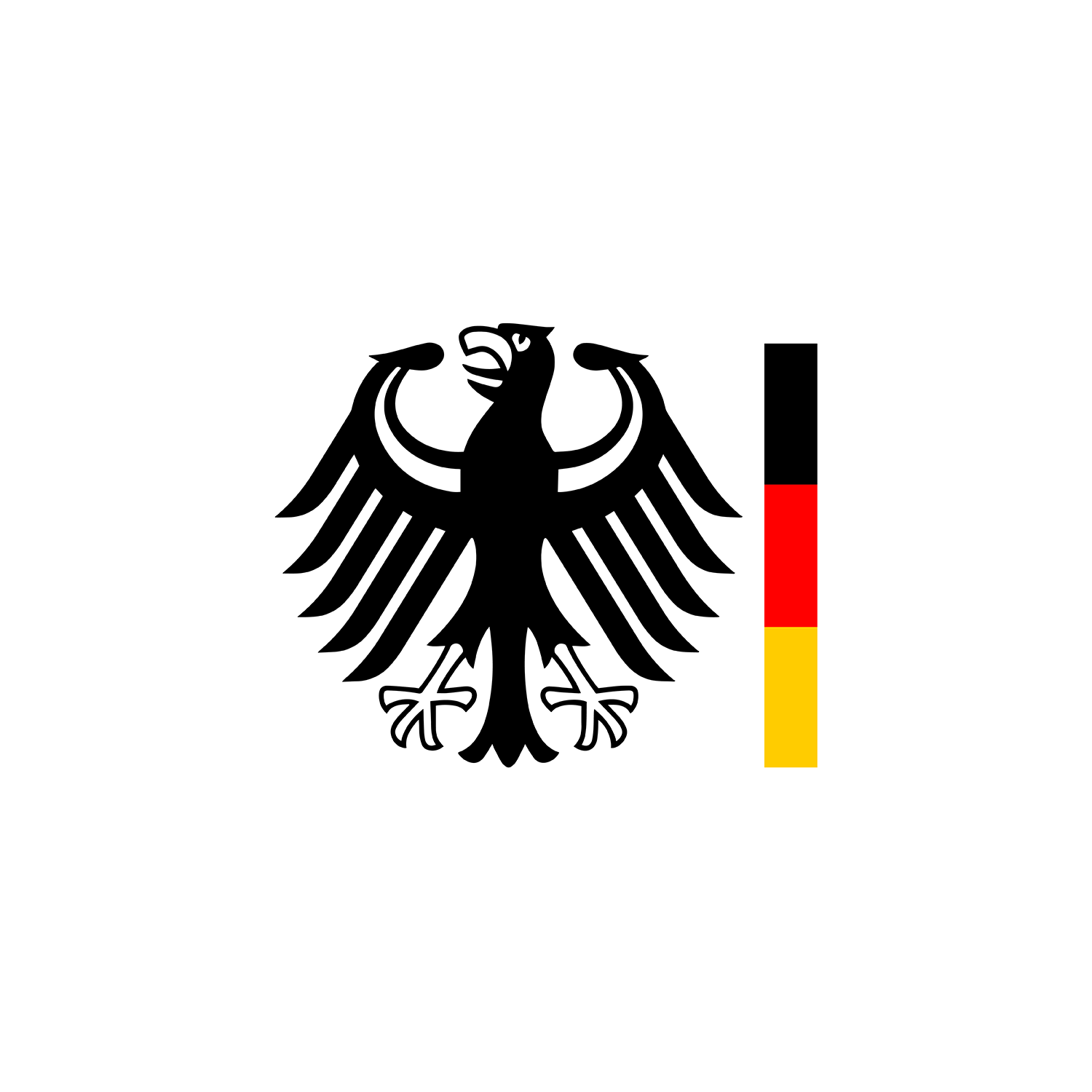Cedars in Lebanon
Copyright© tiffany, via flickr, CC BY-NC 2.0
Lebanon
Even prior to the present conflict, the BMZ had focused its projects on dealing with the many earlier crises. They include the 2019 economic crisis, the explosion in the port of Beirut in 2020, the food crisis that started in 2022 after the war against Ukraine broke out, but also the protracted refugee crisis, which began with the start of the civil war in Syria in 2011 and brought some 1.5 million Syrian refugees to Lebanon.
The BMZ's cooperation with Lebanon is based on numerous partnerships with civil society organisations and UN agencies. It focuses on providing assistance to vulnerable Lebanese people and refugees in Lebanon. This means it is relatively easy now for the projects to also reach the many internally displaced persons (IDPs) – a group that includes numerous Syrian and Palestinian refugees. Without international support, it will be impossible to meet the needs of these IDPs, as Lebanon's weakened government system lacks the necessary capacity. The BMZ stands with all people in Lebanon, supporting them with crisis management activities geared towards longer-term recovery.
What activities are supported under development cooperation in the current crisis?
We are making short-term adjustments to ongoing, long-term support activities in order to meet the needs of internally displaced persons.
- We are supporting the repair of emergency shelters (for example sanitation facilities and community kitchens).
- We are providing materials such as furniture, clothing, blankets and toys.
- We are delivering about 3,600 meals a day.
- We are offering psychosocial support.
On 17 October 2024, the German Parliament approved a total of 60 million euros to respond to the new displacement crisis in Lebanon and Syria. This funding will be used to expand existing BMZ projects. Of the total, 38 million euros will go to Lebanon. This will enable us to implement the following activities quickly and effectively:
- Schooling for internally displaced children and psychosocial support for traumatised children
- Short-term work assignments for internally displaced persons and people from host regions to meet the needs of IDPs, for instance regarding the equipment and operation of emergency shelters and sanitation facilities, waste management, cleaning services, and the production of sleeping bags, blankets and clothing for IDPs
- Operation of community kitchens to ensure food security for IDPs and people in host communities and to provide meals for children who no longer have access to school feeding
- Expansion of health services for IDPs
- Support for women in crisis situations
Germany’s development cooperation with Lebanon
When Lebanon reached the status of an upper middle-income country in 2003, Germany discontinued its development cooperation with the country. However, following militant clashes between the Hezbollah (a Shi'ite political and military organisation based in Lebanon) and Israeli forces in the summer of 2006, Germany resumed its development cooperation with Lebanon in order to support the reconstruction of the country.
In the wake of the Syrian crisis, development cooperation with Lebanon was increased. Since 2020, the country has been one of the selected partner countries with which the BMZ is working to realise long-term shared development goals. The aim of this cooperation is to contribute towards stabilisation and conflict prevention and also, in the medium to long term, towards Lebanon's economic development. The Lebanese government is expected, for its part, to implement reforms.
In 2023, the BMZ committed a total of 217 million euros for development cooperation with Lebanon.
In the short to medium term, the focus is on supporting crisis management and providing assistance for Syrian refugees and host communities. Measures include, for example, support in the areas of food security and income generation, and efforts to strengthen health services.
Further priority areas of development cooperation with Lebanon are:
- Basic education and vocational training
- Employment promotion
- Municipal infrastructure projects to provide basic services in communities that are hosting refugees (for example drinking water supply and sanitation)
- Food security by supporting agricultural production
- Reconstruction of Palestinian refugee camps
A selection of examples which show the impacts of German involvement in Lebanon
Health. Since 2020, the BMZ has been working together with Malteser International to improve healthcare in Lebanon. This effort involves rehabilitating 17 health facilities, providing them with equipment, operating them, and training medical personnel. This is benefiting some 190,000 people, most of them women. One in four beneficiaries is a refugee from Syria.
Water supply. Working through KfW, the BMZ is improving water supply and hygiene for about 310,000 Lebanese people in host communities and some 150,000 refugees in the Governorates of Beirut and Mount Lebanon. The water supply activities involve the repair and expansion of water treatment facilities, pipe networks and reservoirs. There are also plans for expanding the sewer network. One element of these activities is the creation of employment opportunities for local people.
Social protection. Between 2018 and 2023, the BMZ provided funding via the World Food Programme (WFP) for Lebanon's social protection system for vulnerable Lebanese families. Through combined funding from Germany, the EU, Canada and the World Bank, financial support has been provided for over 800,000 people, helping to meet their food and other basic needs.
Employment promotion. The BMZ-funded Partnership for Prospects, an employment programme for the Middle East, is providing short-term jobs for Syrian refugees and vulnerable Lebanese citizens. Often, the income from these jobs secures the survival of entire families. In these efforts, the BMZ partners with UNICEF and the International Labour Organization (ILO), among others. In 2023 alone, some 30,000 short-term jobs were created in Lebanon, involving clean-up work, road reconstruction, and the building of water pipes.
Basic education. Via UNICEF, the BMZ is providing funding for the schooling of 204,000 Lebanese and Syrian children in the 2024/25 school year and for the salaries of teachers for Syrian children.
Housing. Over 14,000 housing units for more than 45,000 people are being rehabilitated. Another nearly 10,000 people have received assistance to help them pay their rent. Municipal infrastructure improvements (water supply, road construction, waste management) have been carried out in 20 communities.
SDG trends for Lebanon
- On track or maintaining SDG achievement
- Moderately improving
- Stagnating
- Decreasing
- Trend information unavailable

























